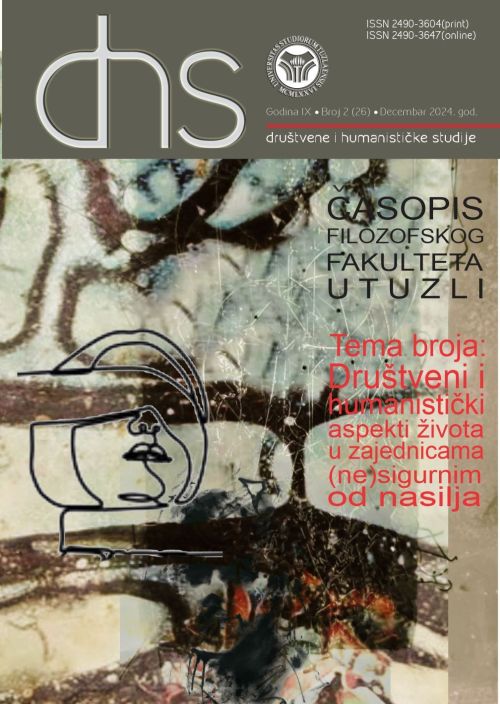Conceptualisation of Death in Oscar Wilde´s Modern Fanciful Tale The Selfish Giant: A Cognitivist Approach
Conceptualisation of Death in Oscar Wilde´s Modern Fanciful Tale The Selfish Giant: A Cognitivist Approach
Author(s): Ester VidovićSubject(s): Language and Literature Studies, Studies of Literature, Theory of Literature, British Literature, Sociology of Literature
Published by: Filozofski fakultet Univerziteta u Tuzli
Keywords: death; modern fanciful tales; Oscar Wilde; conceptual metaphors;
Summary/Abstract: The paper addresses the controversial nature of presenting the concept of death in children´s literature. Young children seem to understand death at a relatively young age. However, there have been controversies related to how this topic should be addressed in children´s literature. While some take a stand that children should be shielded as much as possible, others believe we have to present a true and honest image of death in literature. Oscar Wilde´s modern fanciful tales provide a fertile ground for studying the concept of death. His fairy tales often do not have a happy ending, and in many of his stories, protagonists die unjustly, which gives children a more realistic picture of death. The concept of death in the story The Selfish Giant has been analysed via the Theory of Conceptual Metaphors, as proposed by Mark Johnson and George Lakoff and other scientists from a cognitivist background. The proposed metaphors are founded on spatial image schemas as well as primary metaphors, as elaborated by Lakoff and Johnson. Death in Wilde´s stories is portrayed in subtle tones and in accordance with the philosophy of life cycles, as well as the Judeo-Christian tradition. Moreover, Wilde´s poetic language makes the fairy tale a worthy and enjoyable read for young children.
Journal: DHS-Društvene i humanističke studije: časopis Filozofskog fakulteta u Tuzli
- Issue Year: XXVI/2024
- Issue No: 26
- Page Range: 673-686
- Page Count: 14
- Language: English

